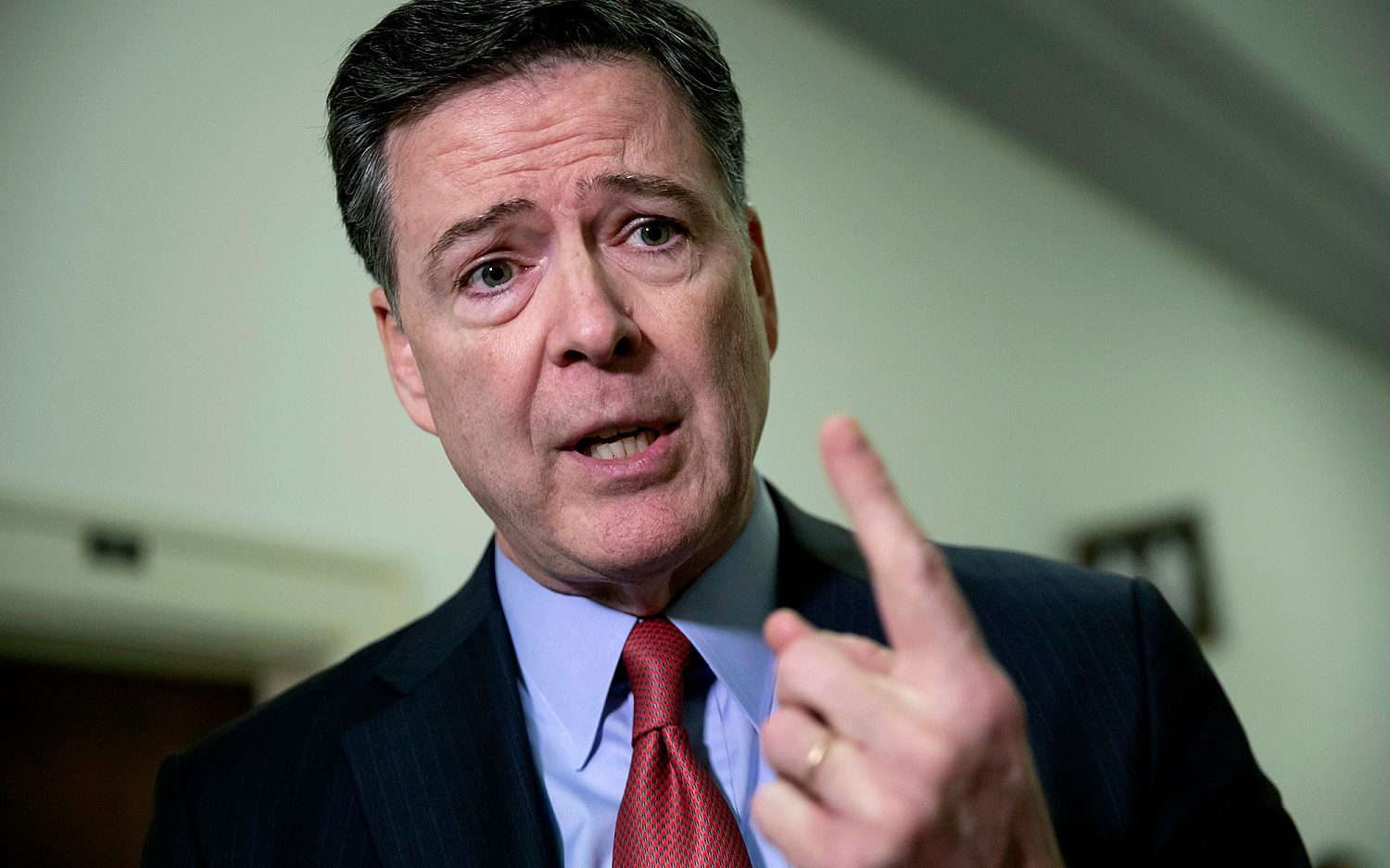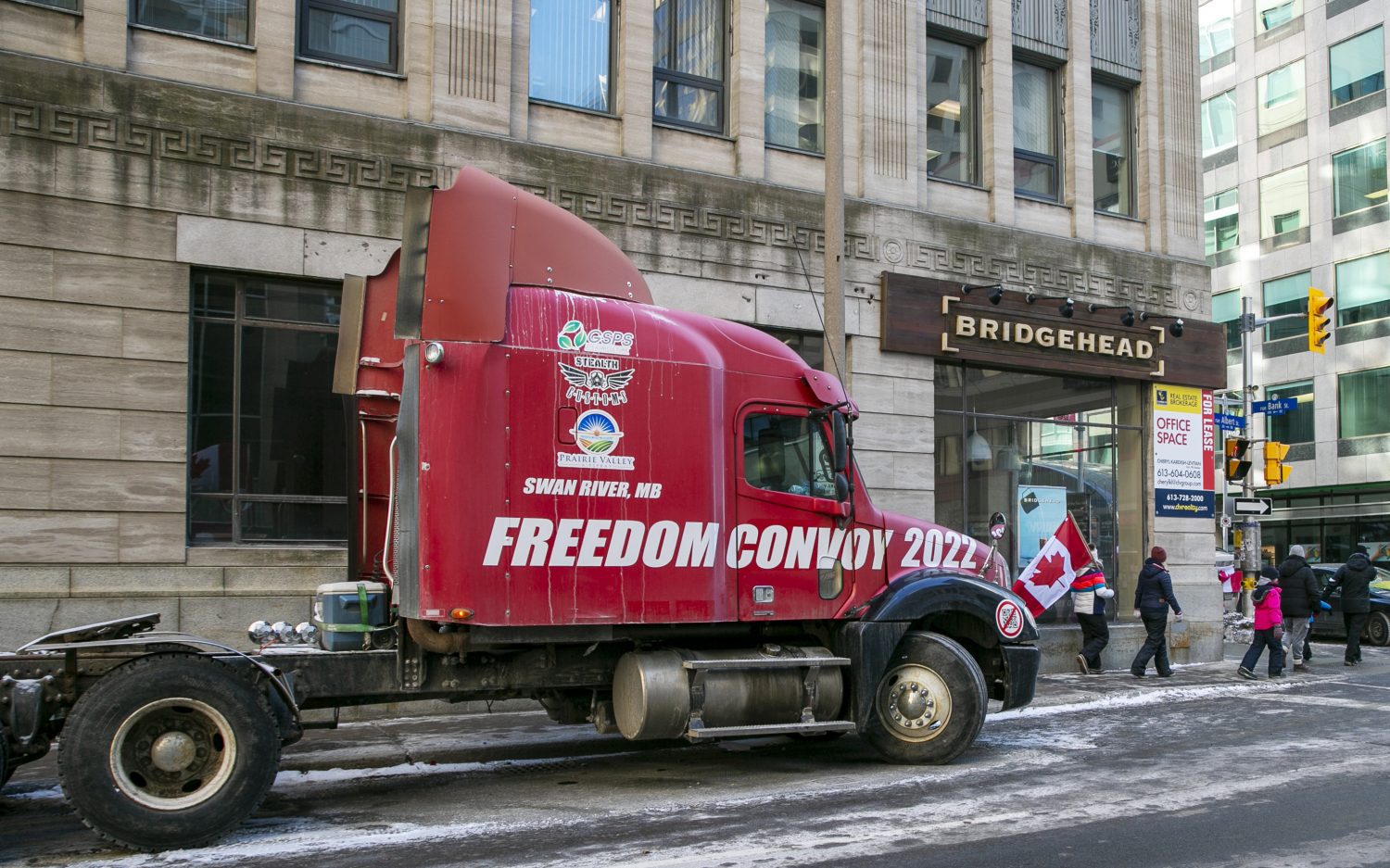Supreme Court rules against public unions
The U.S. Supreme Court on Wednesday ruled that government workers cannot be compelled to contribute to labor unions. The 5-4 decision in Janus v. AFSCME scrapped a 41-year-old ruling that allowed states to require public employees pay fees to unions—so-called fair share fees—even if the workers choose not to join. More than half the states already have right-to-work laws banning mandatory fees, but most members of public-employee unions work in states that don’t, including California, New York, and Illinois. The unions argued the fees pay for collective bargaining and other work the union does on behalf of all employees, not just members. But the court said the laws violate the First Amendment of the U.S. Constitution by compelling workers to support unions they may disagree with. “States and public-sector unions may no longer extract agency fees from nonconsenting employees,” Justice Samuel Alito wrote in the majority opinion for Chief Justice John Roberts and Justices Neil Gorsuch, Anthony Kennedy, and Clarence Thomas. President Donald Trump heralded the decision, a major financial blow to organized labor, calling it a “Big loss for the coffers of the Democrats!”
An actual newsletter worth subscribing to instead of just a collection of links. —Adam
Sign up to receive The Sift email newsletter each weekday morning for the latest headlines from WORLD’s breaking news team.




Please wait while we load the latest comments...
Comments
Please register, subscribe, or log in to comment on this article.